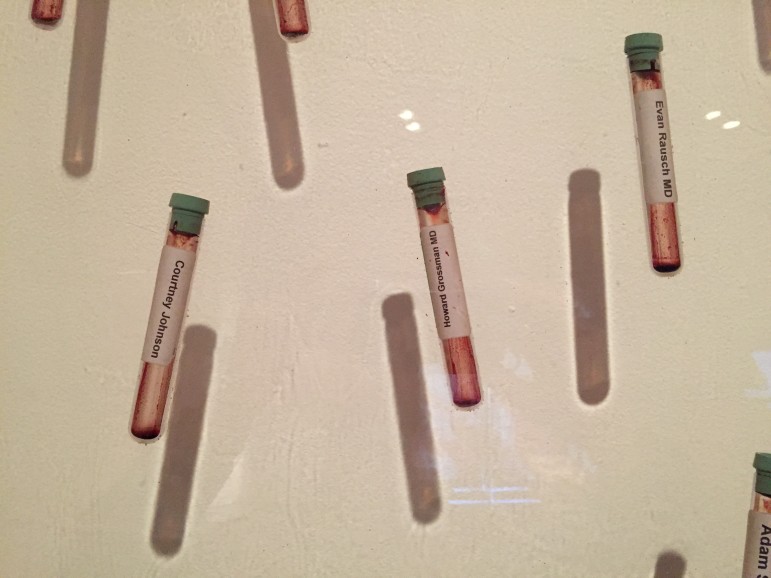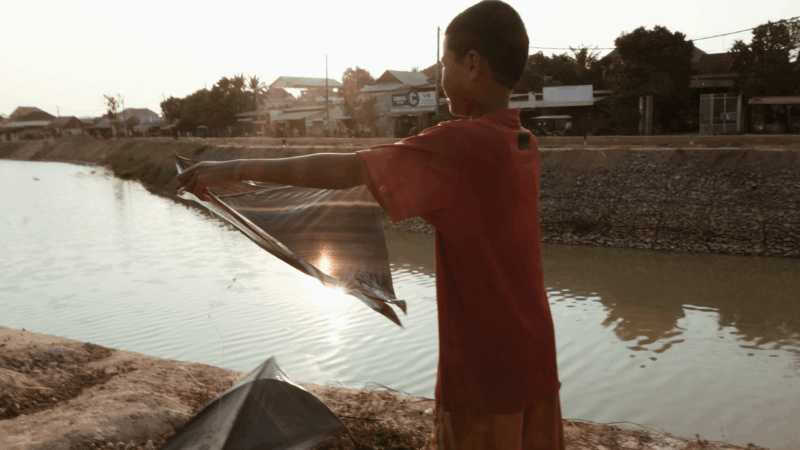Gay Men Blood Donors Not as Risky as Once Thought, Researchers Say
For decades, many gay men have been prohibited from donating blood. They were considered high-risk during the AIDS epidemic back in the 1980s. As of two years ago, they can donate if they’ve abstained from sex for a year, but many researchers say that’s unrealistic and unnecessary. Michael Saag, author and director of UAB’s Center for AIDS Research, tells WBHM’s Dan Carsen that testing is now much more sophisticated, so the FDA rules about who can donate blood should be less restrictive. Here are some highlights.
Heterosexuals Can Be Infected Too
“One possible rule change would be, let’s not think about who’s gay or straight; let’s just say any human being that is coming in to donate blood, if they have had sex with a person of unknown status in an unprotected sexual activity where they could have become infected in the last 30 days, they should defer donation and have them come back when they haven’t had such an exposure.”
Effects Beyond Discrimination
The current rules exclude an estimated 600,000 units of blood per year. The total U.S. yearly supply is about 13.6 million. Saag says, “With blood shortages coming and going, it would be nice to have as many donors and have that 600,000 units of blood safely available for us when we need it. Think Las Vegas, or think Houston with the hurricane. There can be all kinds of catastrophes where blood is needed. We want as much as we can.”
The Big Picture
“Every HIV provider and every HIV expert that I know are totally comfortable with changing the rules for blood donation for uninfected gay men, mostly because of a human rights issue and anti-discrimination … You want to discriminate if you’re protecting the population, but once you don’t have a compelling reason to keep a rule in place like this, then it’s only discriminatory and I don’t think anybody wants to discriminate in a situation that we know otherwise it’s going to be safe.”
Dr. Saag on whether politics and scientific illiteracy play into barriers to gay men giving blood:
Saag on what motivates him to do this work:
Saag on the state of the fight against HIV in Alabama:
Washington National Opera leaves Kennedy Center, joining slew of artist exits
The WNO is just the latest to say they will no longer perform at the Kennedy Center since Trump took over last year.
Ukrainian drones set fire to Russian oil depot after Moscow launches new hypersonic missile
The strike comes a day after Russia bombarded Ukraine with hundreds of drones and dozens of missiles, including a powerful new hypersonic missile that hit western Ukraine.
Opinion: Remembering Renee Good
Renee Good won a national prize six years ago for her poem "On Learning to Dissect Fetal Pigs," which muses on science and faith. Good was shot to death by an ICE agent this week in Minneapolis.
PHOTOS: Laundry is a chore but there’s a beauty and serenity in the way it hangs out
A new photo series from Filipino photographer Macy Castañeda Lee offers a visually striking view of the mundane task of doing laundry and the role it plays in a rural economy.
2026 looks ominous for media, from Hollywood to journalism
Critic at large Eric Deggans says that in 2026, audiences have more power than they realize to determine the future of news and entertainment.
Influencer, White House welfare fraud claims are distorted, but the system has risks
Federal officials are targeting Democratic-led states over alleged safety-net fraud. Critics worry a drumbeat of unfounded accusations could undermine public trust.







